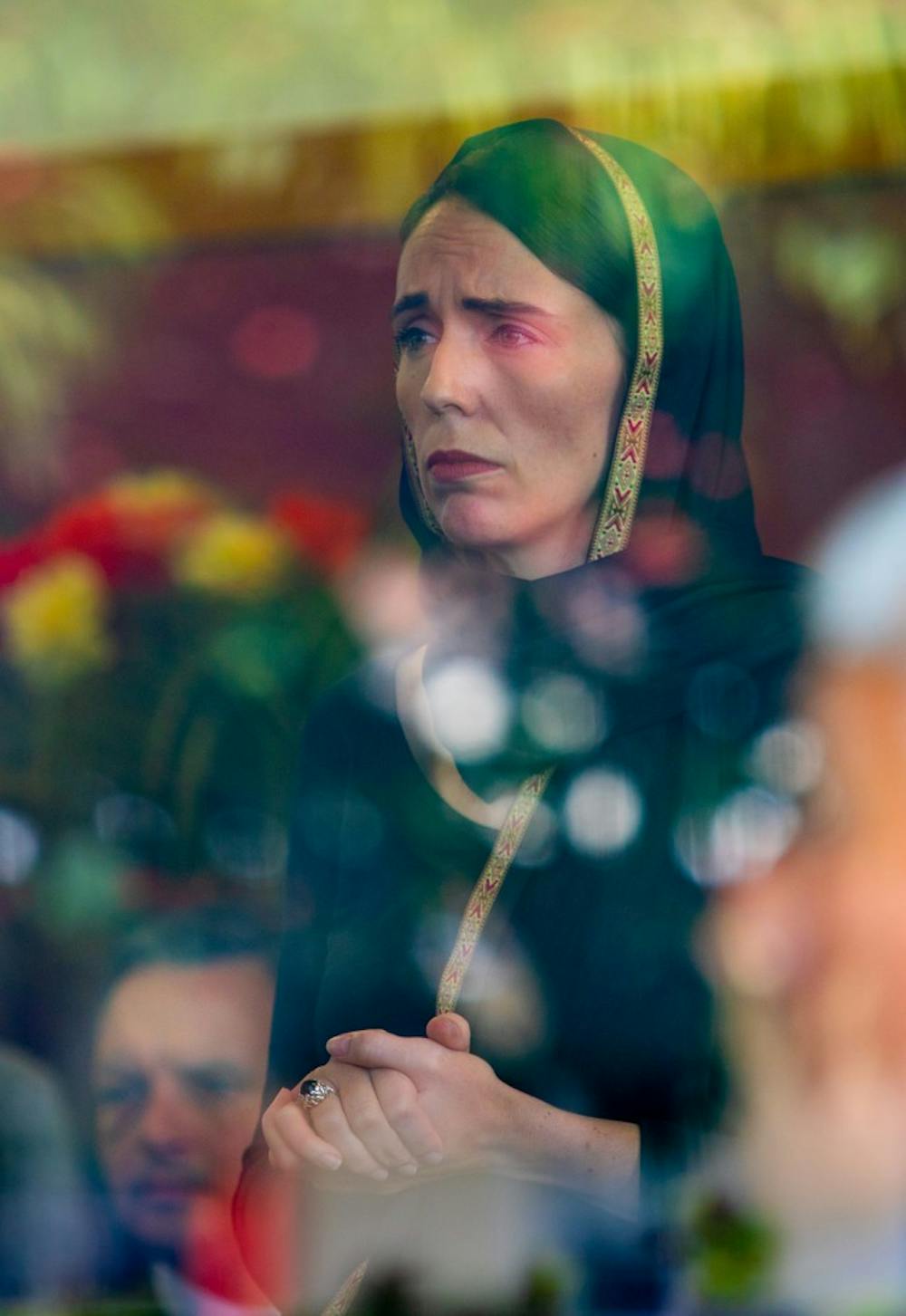On March 15, a gunman killed fifty people at two mosques in Christchurch, New Zealand in a horrific act of white extremism that struck the heart of the country and the world. The country’s swift and decisive reaction to the attack has thrown into sharp relief the shortcomings of America’s responses to gun violence.
New Zealand’s response is both inspiring and instructive for us here in America. Prime Minister Jacinda Ardern visited Christchurch and addressed the people, many of whom are Muslim refugees, whose communities had been targeted, assuring them and the rest of the country that “they are us.” It was an act of leadership, inclusion, and empathy that feels far removed from our own politics.
Compare this to President Trump’s reaction to the violence in Charlottesville. Rather than bringing Americans together against white supremacy, Trump defended the Neo-Nazi marchers as “very fine people,” neglecting to reassure the people of Charlottesville and the nation that such hatred and violence was reprehensible. Moreover, while he condemned the Christchurch attack, Trump declined to acknowledge the rising threat of white extremism around the world. Ardern’s response is the one we should push our leaders to emulate. In a time of division and hatred, it is vital to have a voice of unity and reassurance, not one that seeks to further divide us.
But New Zealand’s response to the Christchurch tragedy was more than rhetoric. Just days after the shooting, Ardern announced that “our gun laws will change — now is the time.” Not that they will try to change them, but that they unequivocally will have reform.
Less than a month later, she followed through. On April 10, a bill banning military-style semi-automatic weapons and assault weapons — including all the weapons used in the Christchurch shooting—and instituting a buyback program passed Parliament with just one opposition vote out of 120 members. Ardern promised that this would be the first of a series of measures to reform gun laws in the country.
This is a pace of change unimaginable in the United States, where mass shooting after mass shooting — not to mention the quotidian gun violence that pervades communities across the country — has motivated no meaningful national gun reform. Even legislation as basic as universal background checks has stalled in Congress despite overwhelming popular support. As evidence of this inaction, in February, the House of Representatives had its first hearing on gun violence in eight years.
Of course, the context of New Zealand’s gun culture is fundamentally different than our own. There, owning a gun is a privilege. Here, the second amendment endows it as a right. But every right has reasonable limits, and the prevalence of gun violence in the United States, not just mass shootings but also homicides and suicides, necessitates a change of course.
There’s a reason America is such an outlier when it comes to gun violence: Among developed countries, the U.S. has far and away the most homicides by firearm, with almost four times as many as the next-closest country, Switzerland. Comparisons across both countries and states show that more guns equals more violence. We make up 4.4 percent of the world’s population, but have almost half of the world’s civilian-owned guns. So given the intransigence on this crucial issue, how can we prevent further violence, as New Zealand is working to do? We in the public have to do more to force legislative action.

The public favors tighter gun control. The majority of Americans support restricting access to assault-style weapons and high capacity magazines, while 70 percent support a federal government database for tracking gun sales. 84 percent support background checks for private sales and gun shows. Common sense gun reform is indeed common sense for most Americans, just not for our politicians. We have to translate the popular will into political pressure to force the government to act.
The survivors of the Parkland shooting have been inspiring in their dedication and passion, igniting a movement challenging Americans to face the reality of gun violence and pushing lawmakers to increase gun control. Throughout American history, young people have driven progress and change, from the Civil Rights Movement to LGBTQIA+ rights and environmentalism. The lobbying power of the National Rifle Association (NRA) keeps Congress mired in the status quo; we need a countervailing force to push the government to action. That power can come from us.
We can all do our part to fight for more gun control. We may not get the leadership from the top, as in New Zealand, but we can and should pressure our government to act. So call your congressperson, donate to a nonprofit fighting for gun reform, or support candidates who stand for gun control. Join a political group on campus and translate thoughts and prayers into constructive collective action. We each have power.
For too long, we’ve pretended like there’s no solution to the cycle of gun violence. New Zealand has shown us there is. Now it’s our turn.

Julia is a first-year from Wellesley, Massachusetts. She can be reached at chaffers@princeton.edu.








